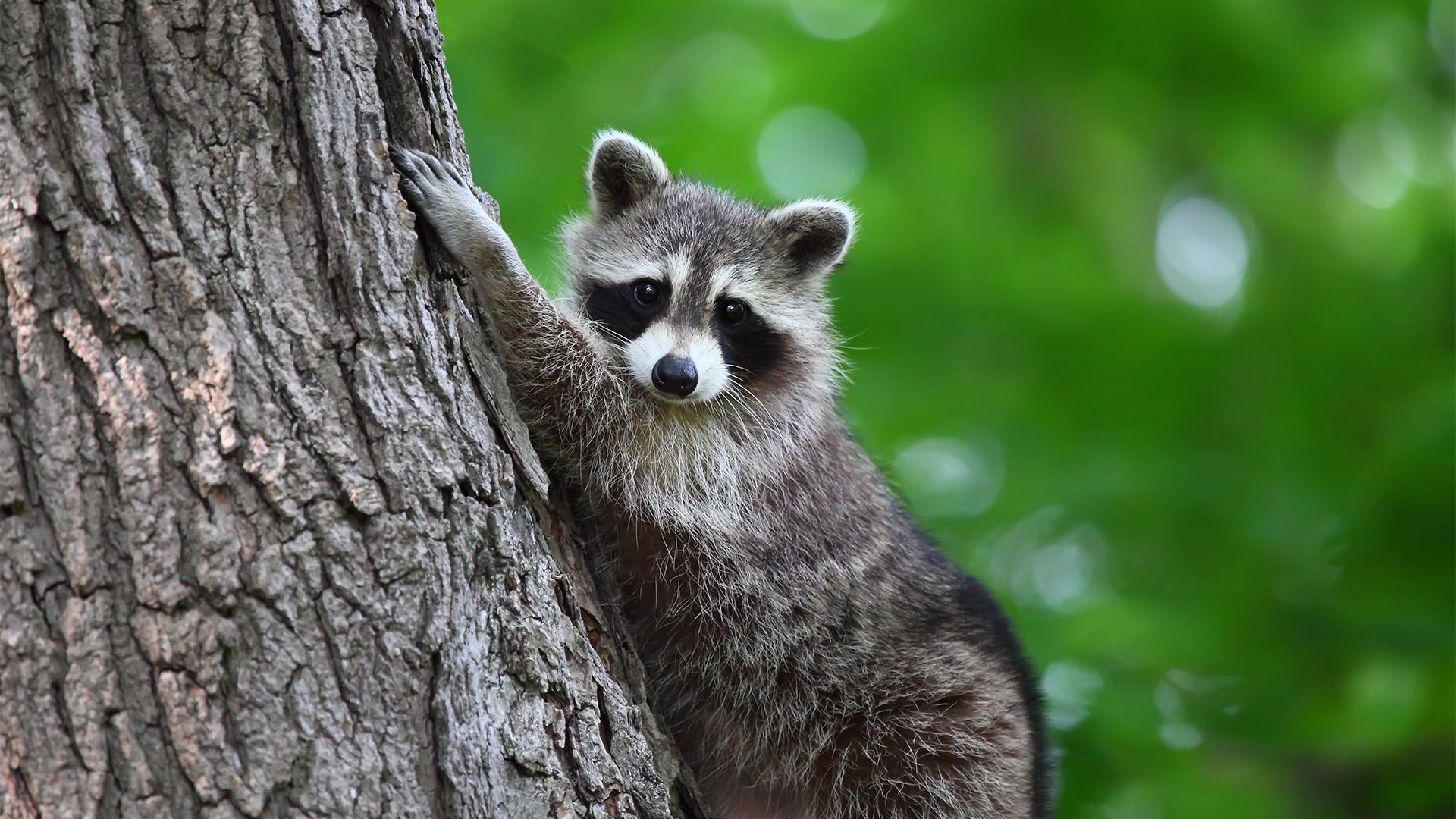

Articles
How To Keep Raccoon Out Of Garden
Modified: December 6, 2023
Learn effective gardening techniques to keep raccoons out of your garden and protect your plants from their destructive habits. Discover strategies and tips for a raccoon-free garden.
(Many of the links in this article redirect to a specific reviewed product. Your purchase of these products through affiliate links helps to generate commission for Storables.com, at no extra cost. Learn more)
Introduction
Welcome to the world of gardening! Whether you’re a seasoned green thumb or just starting out, there’s nothing quite like the satisfaction of seeing your plants flourish and your garden thrive. However, the beauty, tranquility, and hard work that go into maintaining a garden can sometimes be threatened by unwelcome visitors, such as raccoons. These mischievous and intelligent creatures can cause significant damage to your garden, leaving you frustrated and searching for solutions to keep them at bay.
In this article, we will delve into the world of raccoons and explore their behaviors, as well as provide you with some valuable tips on how to keep them out of your garden. By understanding their habits and implementing effective preventive measures, you can protect your beloved plants and ensure a bountiful harvest.
Key Takeaways:
- Protect your garden from raccoons by removing attractants, installing fencing, using deterrents, scare tactics, and natural solutions. Maintain a balanced approach to wildlife management for a thriving garden ecosystem.
- Recognize raccoon garden damage and take prompt action to minimize further harm. Understand their behaviors and habits to anticipate their actions and implement effective preventive measures.
Read more: How To Keep Raccoons Out Of Trash Bags
Understanding Raccoons
Raccoons, scientifically known as Procyon lotor, are medium-sized mammals native to North America. They are easily recognizable by their distinctive black mask-like patterns around their eyes and bushy, ringed tails. Measuring about 2 to 3 feet in length and weighing between 10 to 30 pounds, raccoons have a stocky build with short legs and sharp claws, ideal for climbing trees and foraging for food.
One of the notable physical features of raccoons is their dexterous front paws, which enable them to grasp and manipulate objects with ease. Their fur is dense and grayish-brown, providing excellent insulation against cold temperatures. Raccoons also possess excellent night vision due to a layer of cells in their eyes called the tapetum lucidum.
When it comes to behavior, raccoons are primarily nocturnal creatures, preferring to be active during the night. They are opportunistic omnivores, meaning they will eat just about anything they can find, from fruits and vegetables to small animals and insects. Their diet can vary depending on the season and availability of food. With their sensitive paws, raccoons are skilled at raiding gardens in search of tasty treats.
Raccoons are known for their curious and intelligent nature. They are highly adaptable animals, capable of living in a wide range of habitats, including forests, urban areas, and even near water sources. They are excellent climbers and are often seen scaling trees and rooftops with ease. Raccoons are also skilled diggers, capable of creating dens in hollow trees or burrows in the ground to shelter themselves and their young.
During the breeding season, which typically occurs in late winter to early spring, female raccoons, called sows, give birth to a litter of two to six kits. These young raccoons remain with their mother for several months, learning important survival skills before venturing out on their own.
Now that we have a better understanding of raccoons and their physical characteristics, let’s move on to identifying the signs of raccoon garden damage and how to prevent it.
Identifying Raccoon Garden Damage
Raccoons can wreak havoc on your garden, causing damage to both plants and property. By being able to identify the signs of raccoon garden damage, you can take appropriate measures to mitigate the issue.
One of the telltale signs of raccoon activity in your garden is the presence of upturned soil or digging marks. Raccoons are skilled diggers and will often dig up areas in search of insects, grubs, or earthworms as a food source. This can result in damaged plant roots, uprooted seedlings, and disturbed soil. Their digging can also disrupt the structure of your garden beds, making it difficult for plants to thrive.
Raccoons are notorious for their love of fresh produce. If you notice partially eaten fruits and vegetables in your garden, especially with small bite marks, it’s likely that raccoons are the culprits. They have a keen sense of smell and are attracted to the scent of ripe fruits and vegetables, making your garden a tempting target. This can be particularly frustrating as it not only results in food wastage but also hinders the growth and productivity of your plants.
Additionally, raccoons may break branches or damage plant stems while climbing trees or fences to access your garden. They are agile climbers, using their sharp claws and dexterous paws to navigate obstacles. Keep an eye out for broken branches or flattened plants, especially if they are located near trees, fences, or other structures that can provide raccoons with easy access to your garden.
Another sign of raccoon activity is the presence of feces, known as raccoon scat. Raccoon droppings are often cylindrical in shape, similar to that of a small dog, and may be found near areas where they frequent. The scat can vary in color and consistency, depending on the raccoon’s diet, but it often has a dark and segmented appearance.
By being able to identify these signs of raccoon garden damage, you can promptly take steps to protect your plants and property from further harm. In the next section, we will explore some effective tips for keeping raccoons out of your garden.
Tips for Keeping Raccoons Out of Your Garden
Raccoons can be persistent pests when it comes to invading your garden, but there are several effective strategies you can employ to keep them at bay. By implementing these tips, you’ll be able to protect your plants and enjoy a flourishing garden.
1. Remove Attractants
One of the first steps in raccoon control is to eliminate any attractants that might lure them into your garden. Securely store garbage cans with tight-fitting lids to prevent raccoons from scavenging for food. Any fallen fruits or vegetables should be promptly removed from the garden as they can tempt raccoons to come back for more. Additionally, keep pet food indoors and ensure that compost bins are tightly sealed to minimize potential food sources for raccoons.
Read more: How To Keep Chickens Out Of Garden
2. Install Fencing
Installing a sturdy fence around your garden can be an effective deterrent against raccoons. Opt for a fence that is at least 4 feet tall and bury it at least 6 inches below the ground to prevent raccoons from digging underneath. Ensure that the fence has no gaps or openings that raccoons can squeeze through. Electric fencing can also be an additional deterrent with the added advantage of giving raccoons a mild shock if they attempt to climb the fence.
3. Use Deterrents
There are various deterrents available that can help discourage raccoons from entering your garden. Motion-activated sprinklers can startle raccoons with bursts of water, deterring them from venturing further. Repellent sprays that contain ingredients such as pepper, garlic, or ammonia can also be effective in repelling raccoons. Apply these sprays on and around your plants, reapplying after rain or watering.
4. Employ Scare Tactics
Scare tactics can be useful in deterring raccoons, especially if they are coupled with motion-activated devices. Hang shiny objects, such as aluminum foil strips or CDs, near your garden as the reflections can startle and deter raccoons. Scarecrows or life-sized decoy predators, like owls or coyotes, can also help intimidate raccoons and make them think twice before entering your garden.
5. Try Natural Solutions
Incorporating natural solutions can aid in repelling raccoons while being environmentally friendly. For instance, spreading a generous layer of black pepper around your garden can discourage raccoons due to its strong smell. Planting natural deterrents such as marigolds, garlic, or mint around your garden can also help keep raccoons at bay, as they are known to dislike the smell of these plants. However, it’s important to note that these methods may not be foolproof and may need to be combined with other strategies for optimal effectiveness.
By implementing these tips, you can significantly reduce the risk of raccoon damage to your garden. However, it’s important to remain vigilant and adapt your approach if raccoons persist. In the next section, we’ll conclude our discussion and highlight the importance of maintaining a balanced ecosystem in your garden.
Read more: How To Keep A Dog Out Of A Garden Bed
Conclusion
Raccoons may be clever and resourceful creatures, but with the right strategies, you can successfully keep them out of your garden and protect your precious plants. By understanding their physical characteristics, behavior, and habits, you can anticipate their actions and implement effective preventive measures.
Identifying raccoon garden damage is crucial in order to take appropriate action. Being able to recognize the signs of their presence, such as digging marks, partially eaten produce, broken branches, and raccoon scat, allows you to address the issue promptly and minimize further damage.
Implementing tips for keeping raccoons out of your garden is key to creating an inhospitable environment for them. Removing attractants, installing fencing, using deterrents, employing scare tactics, and trying natural solutions can all work together to discourage raccoons from invading your garden. Remember, it may take a combination of these strategies to achieve the best results.
However, it’s essential to maintain a balanced approach to wildlife management. Raccoons, like most animals, play important roles in their ecosystems. They help control populations of insects and small animals and contribute to biodiversity. Therefore, it’s important to find a balance between protecting your garden and coexisting with nature.
By implementing these strategies and maintaining a healthy garden ecosystem, you can prevent raccoon damage, ensure the well-being of your plants, and continue to enjoy the beauty and bounty of your garden. With a little persistence and creativity, you can successfully keep raccoons out of your garden and create a thriving space to embrace your passion for gardening.
Frequently Asked Questions about How To Keep Raccoon Out Of Garden
Was this page helpful?
At Storables.com, we guarantee accurate and reliable information. Our content, validated by Expert Board Contributors, is crafted following stringent Editorial Policies. We're committed to providing you with well-researched, expert-backed insights for all your informational needs.
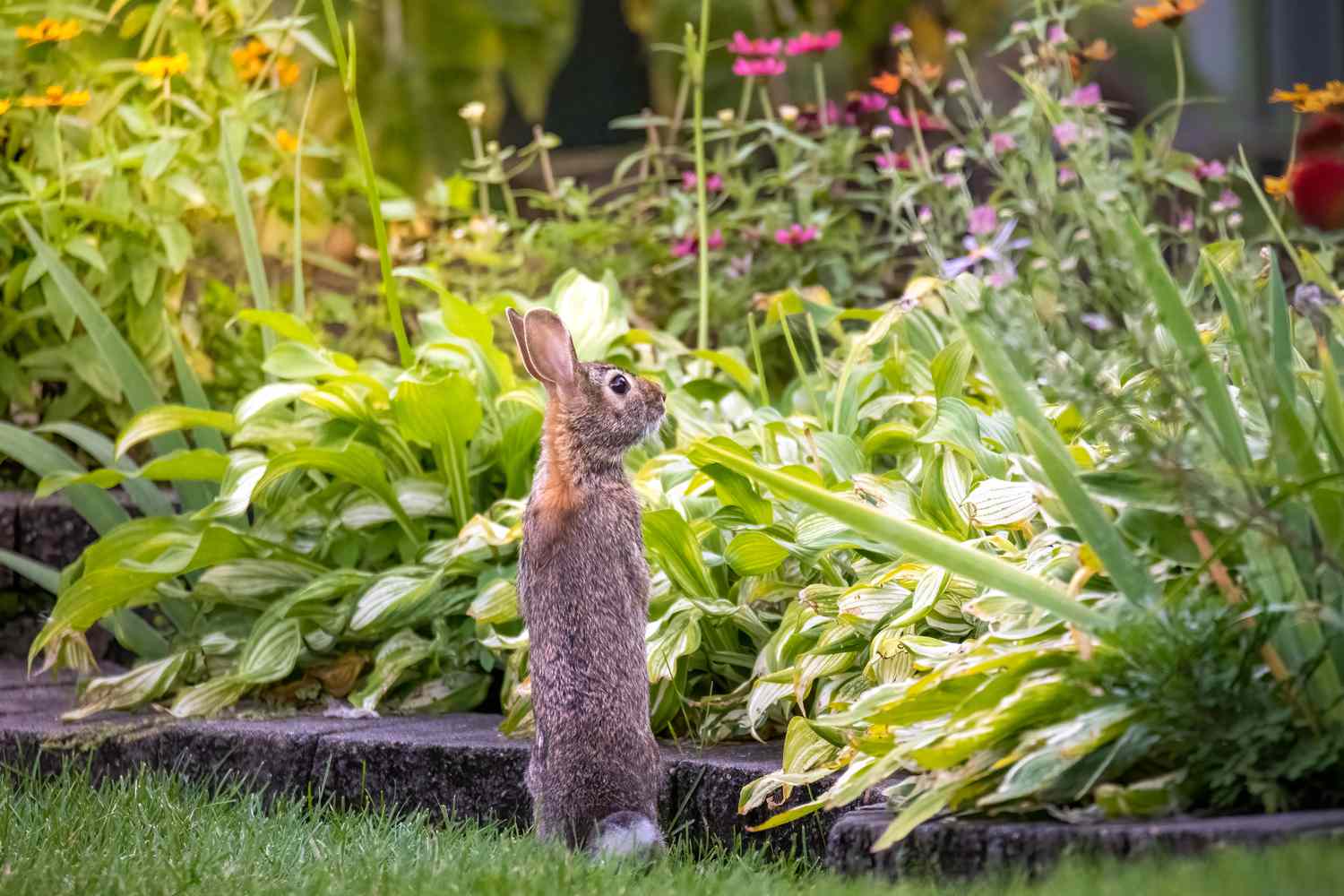
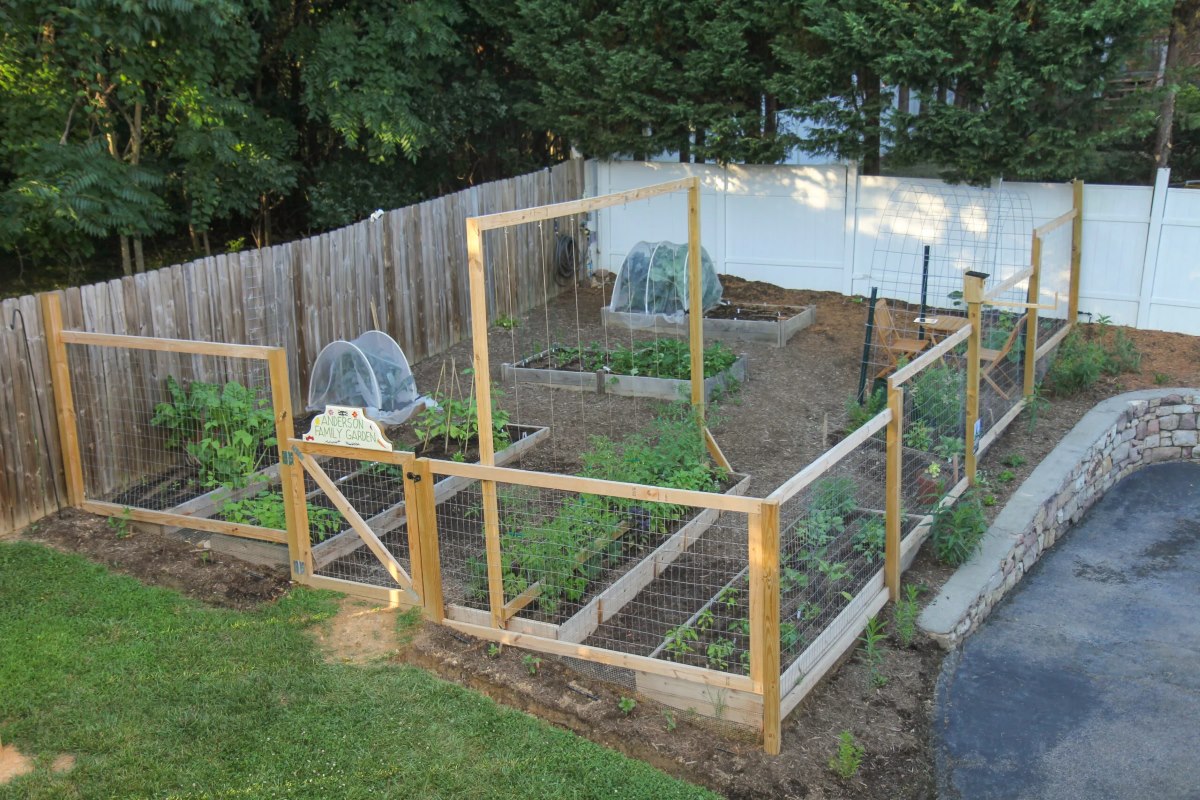
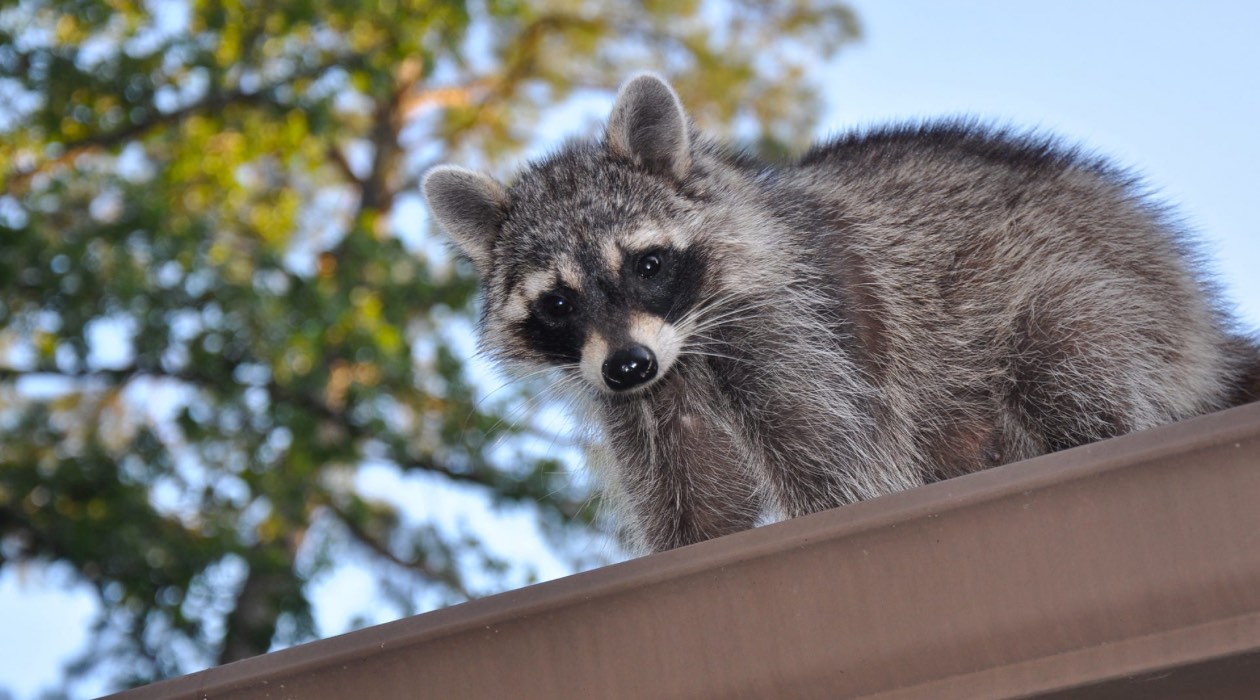
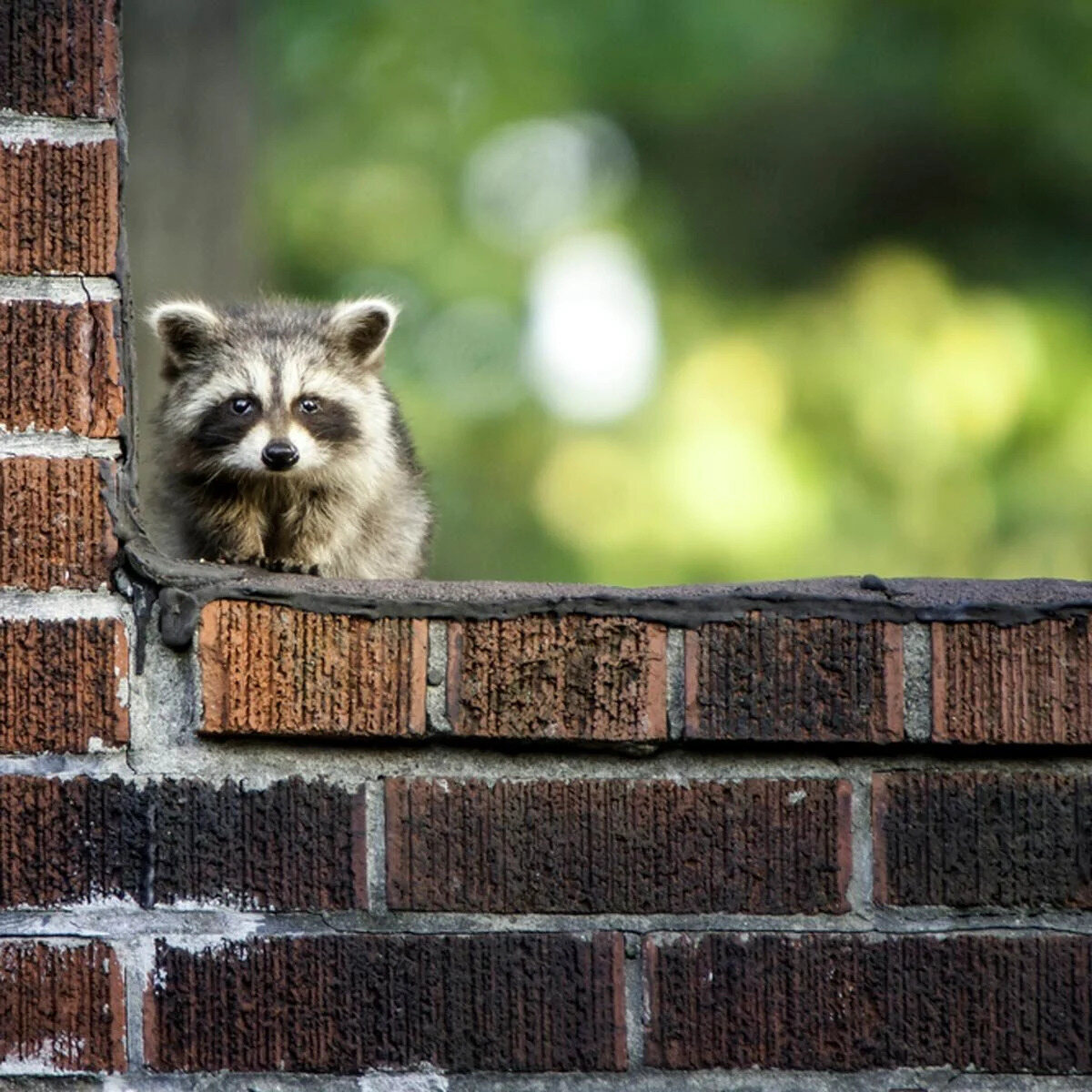
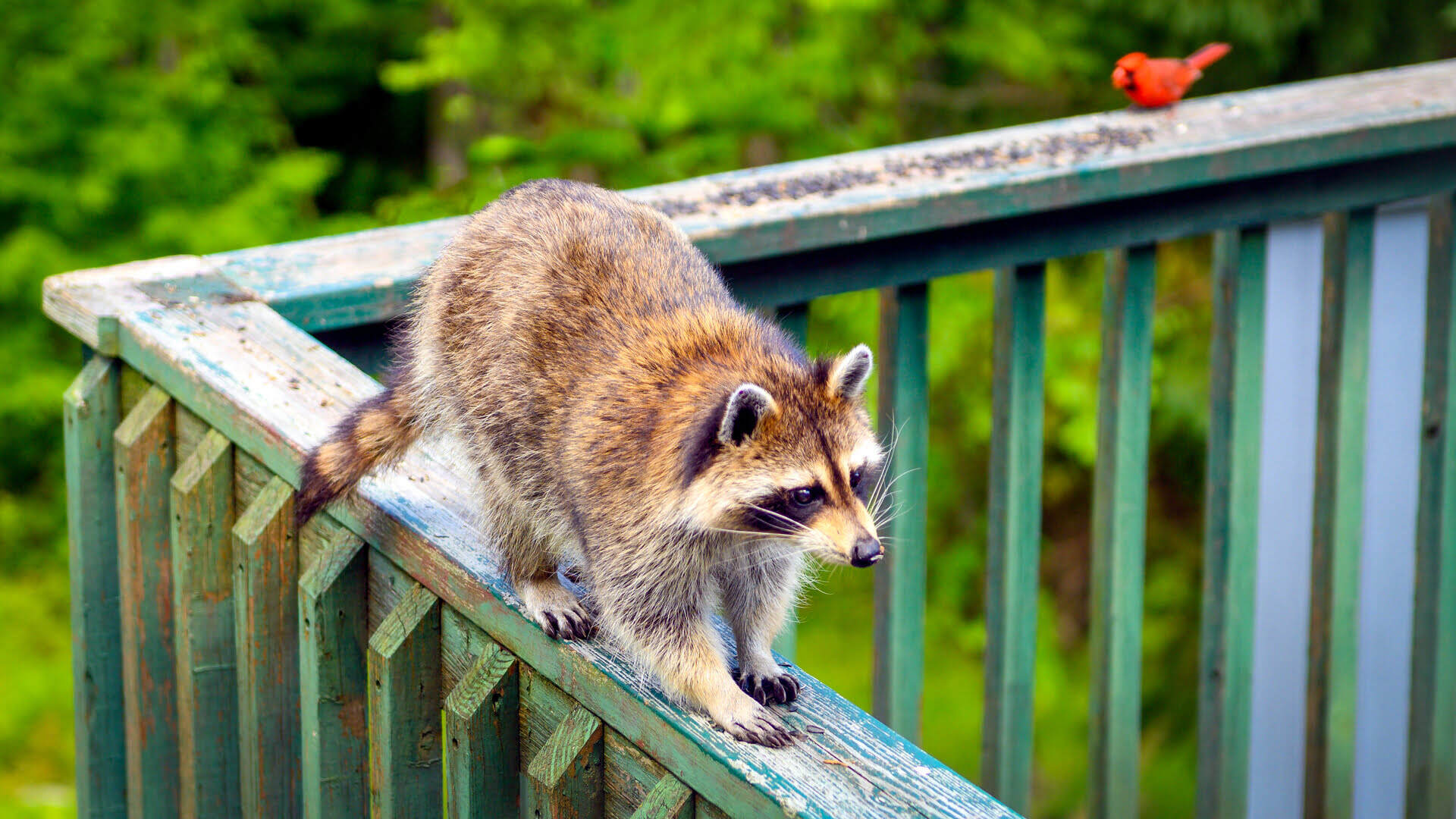
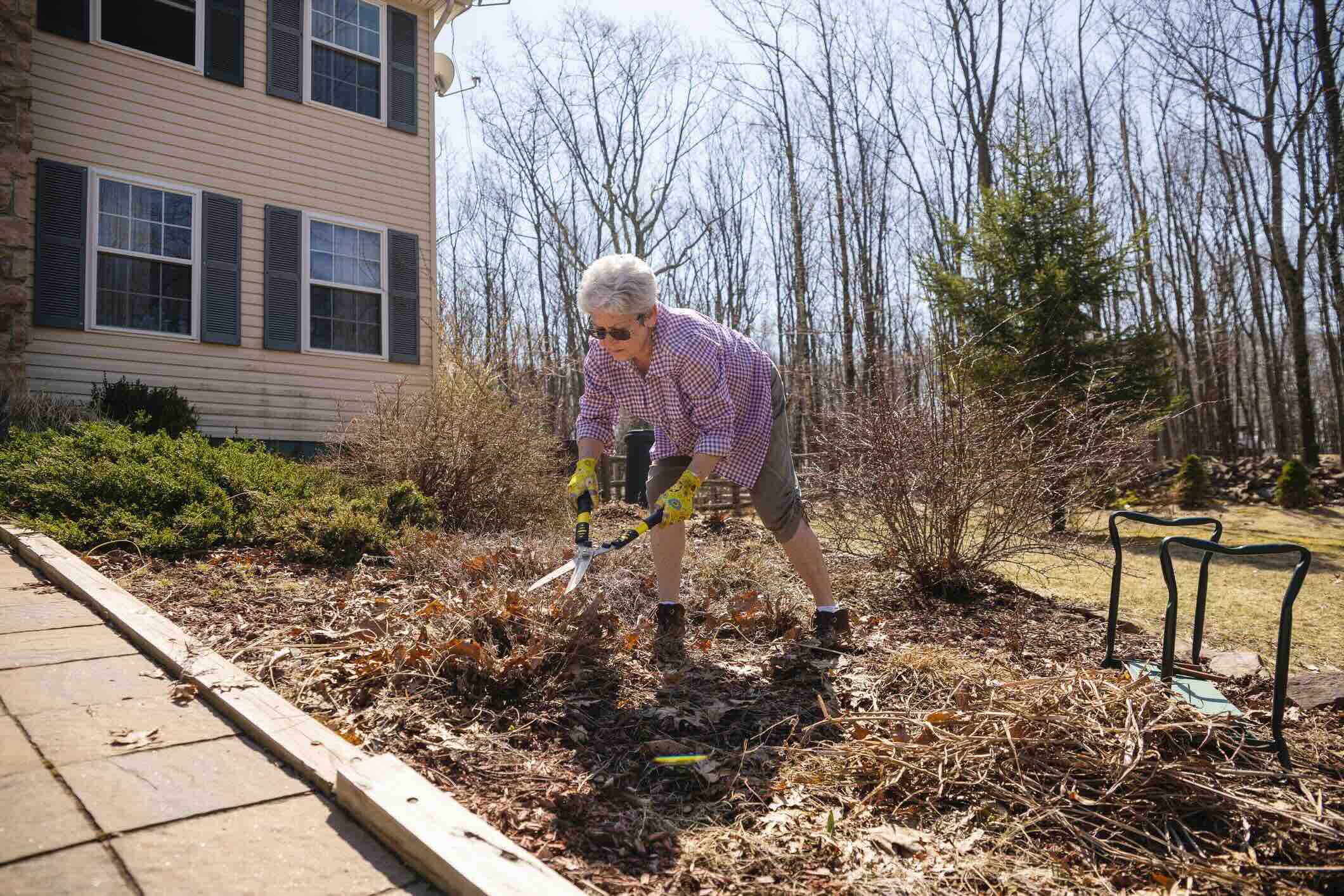

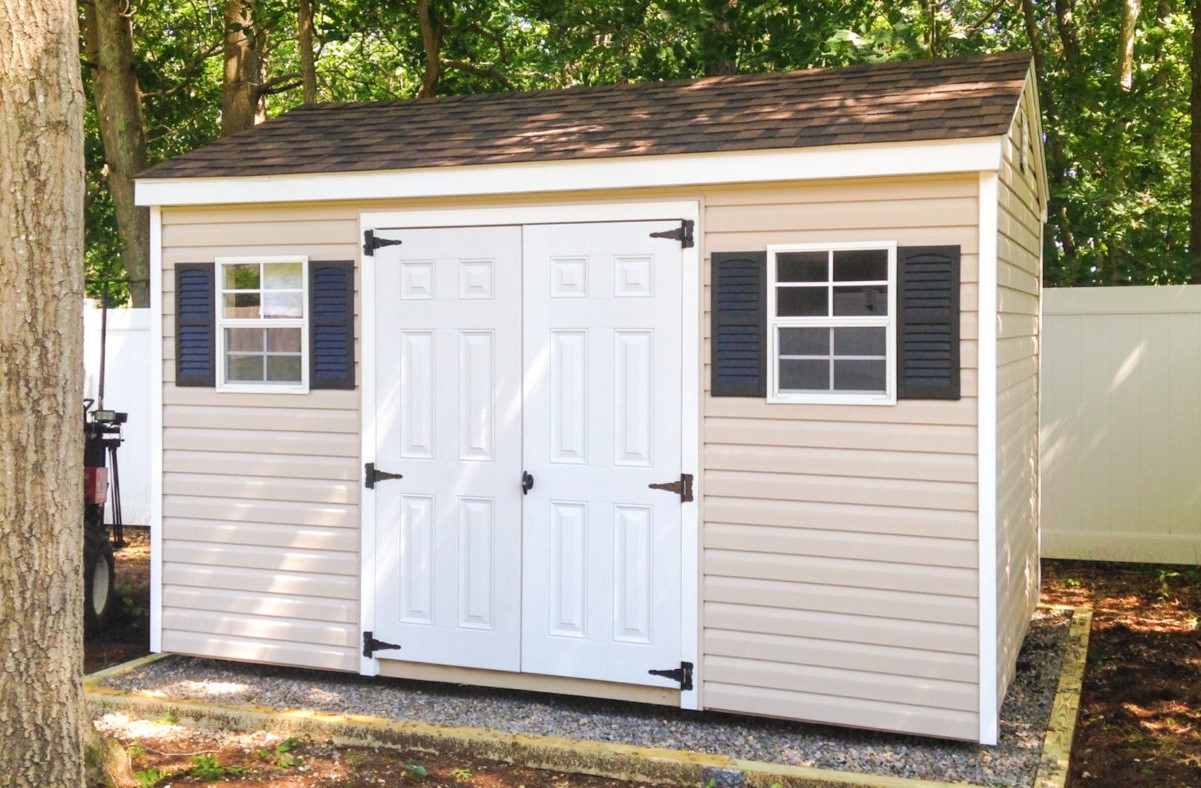

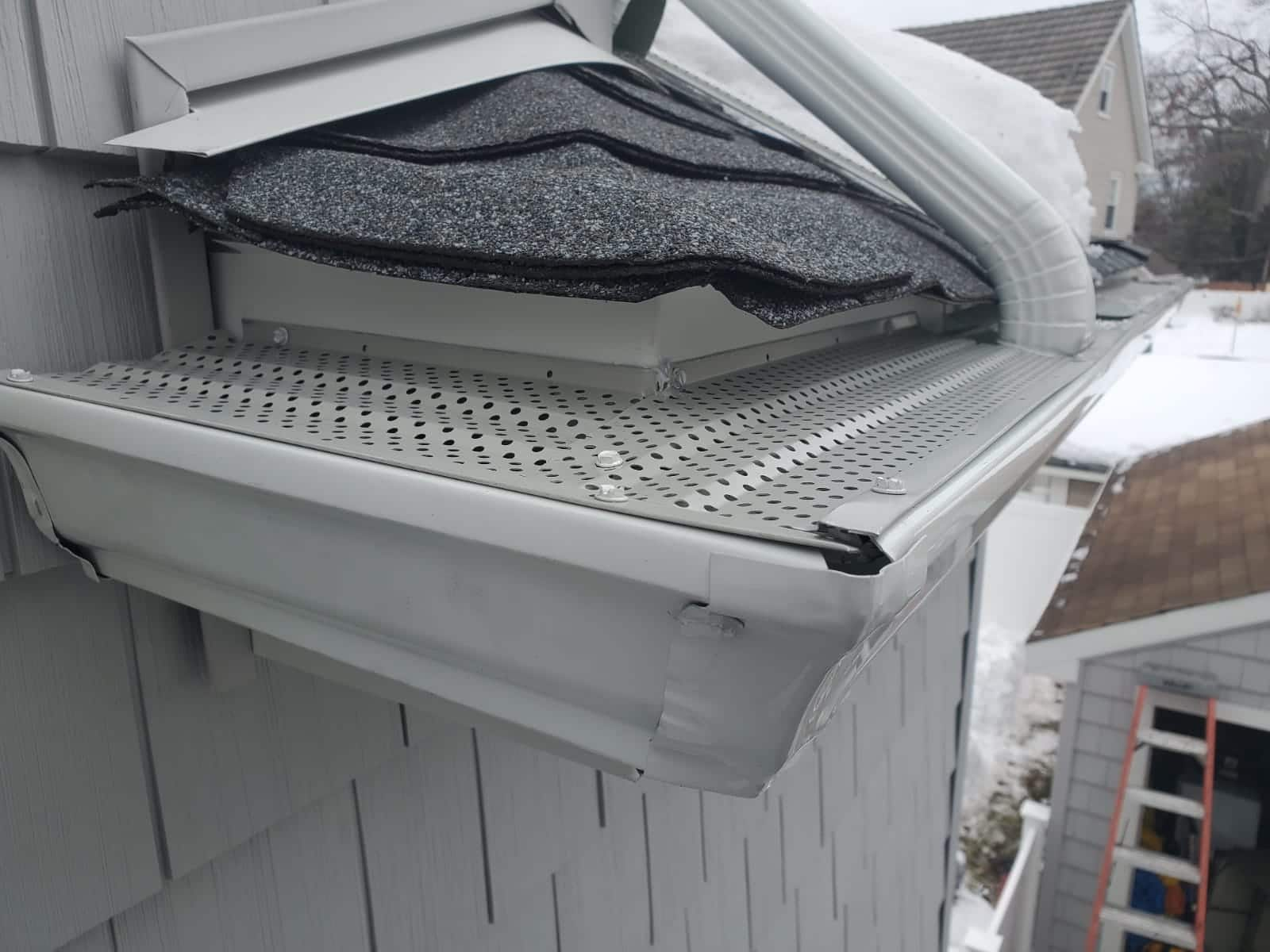
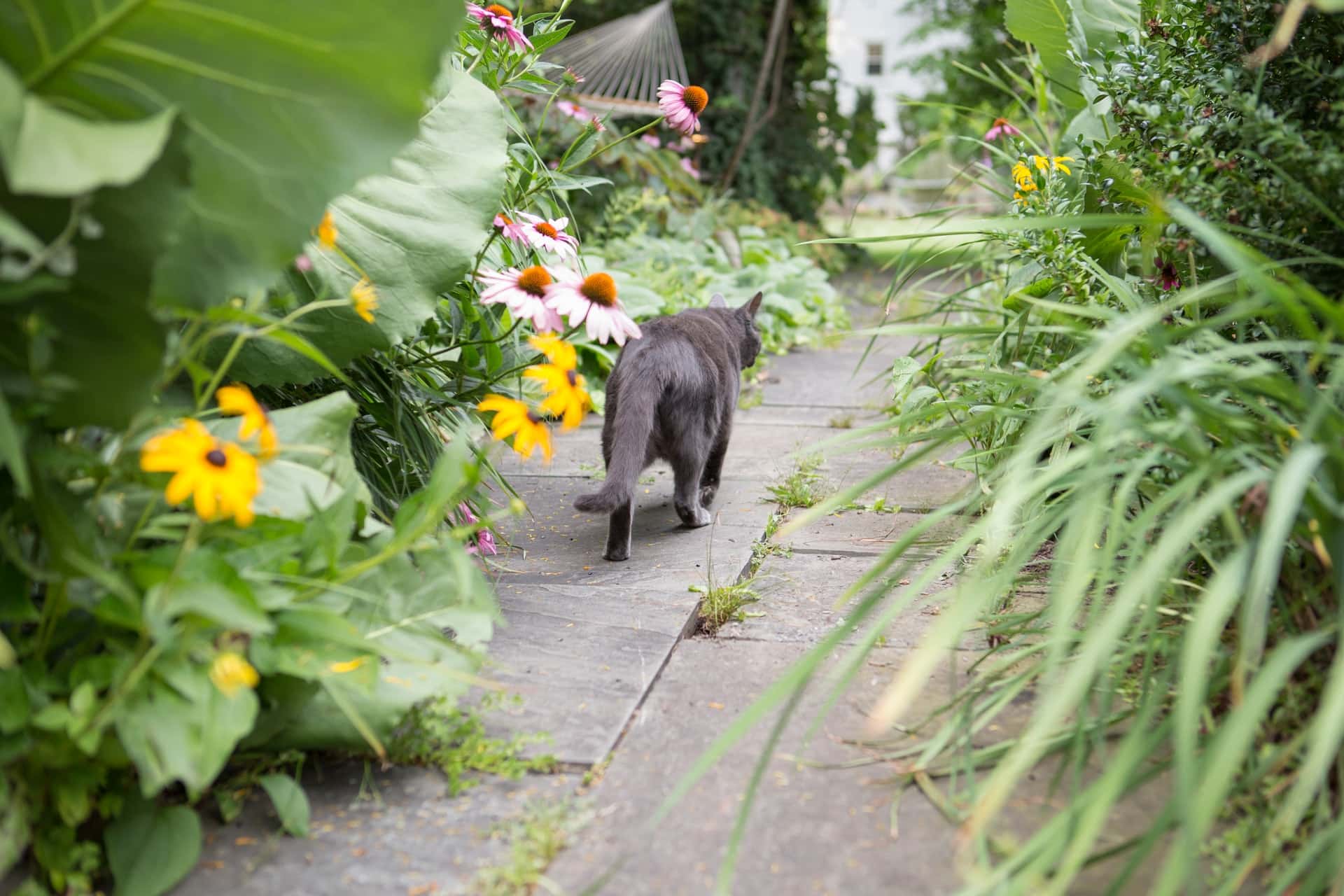
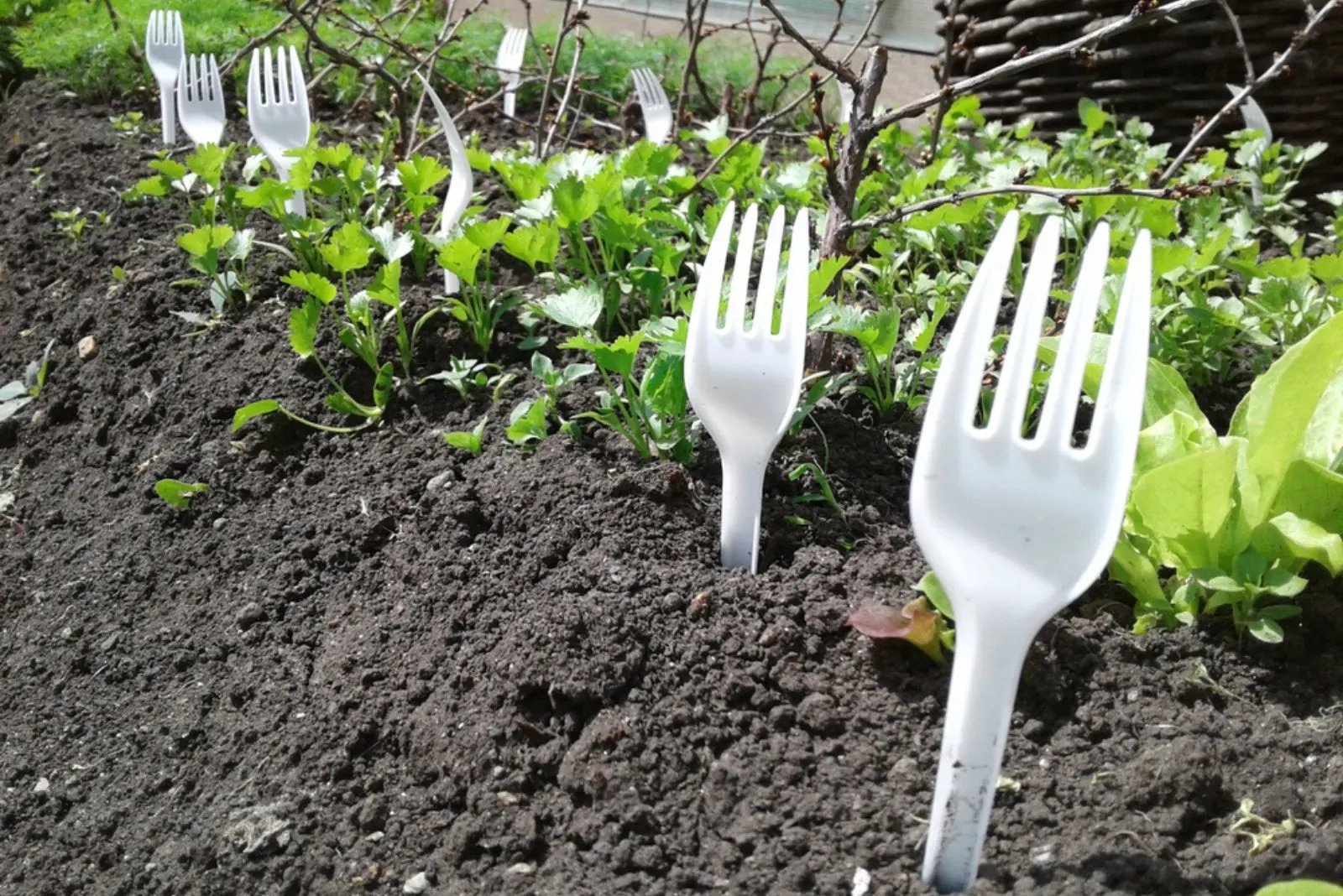
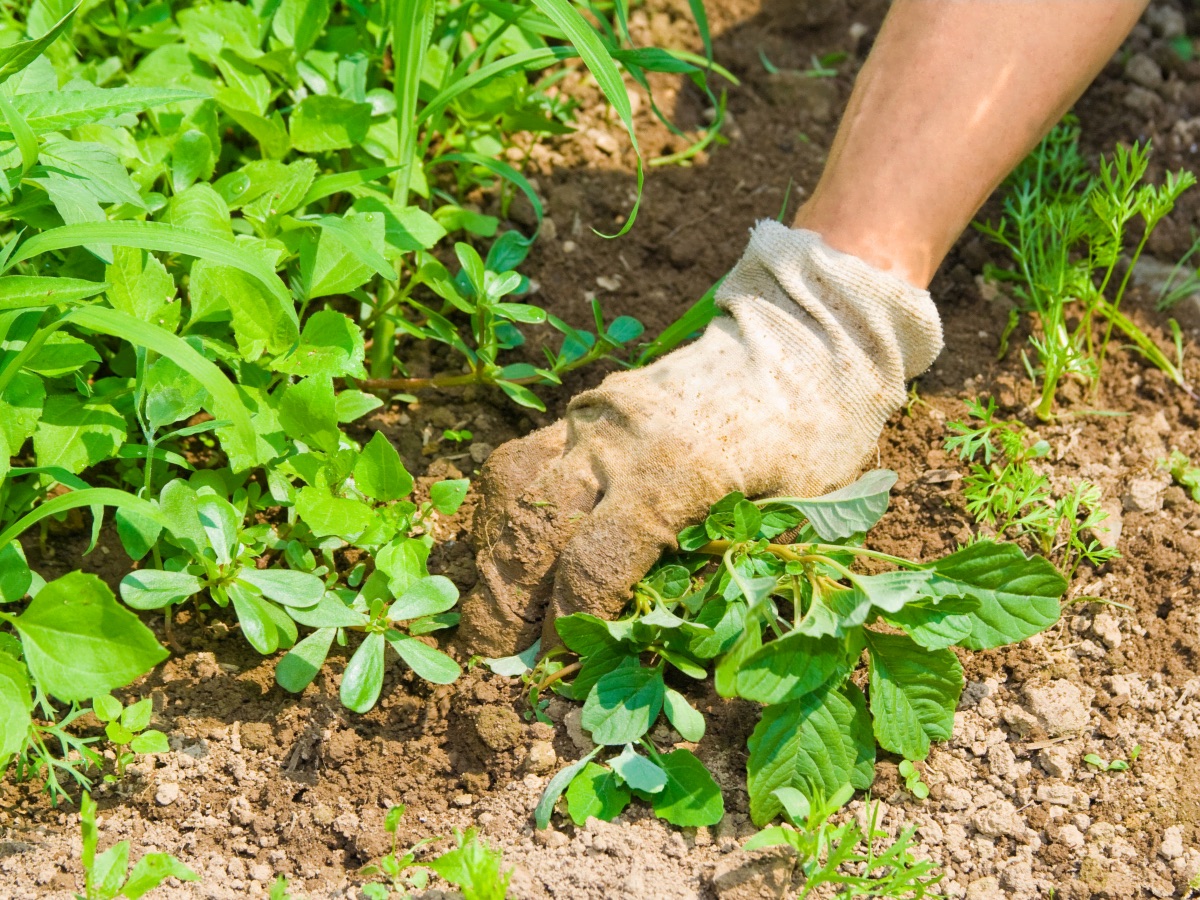

0 thoughts on “How To Keep Raccoon Out Of Garden”